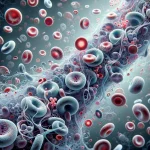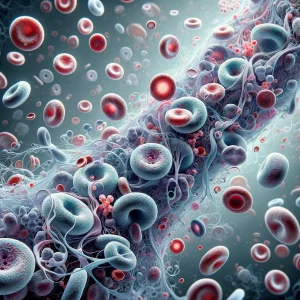Myelodysplastic Syndrome is a condition where the bone marrow doesn’t make enough healthy blood cells, which can cause fatigue, frequent infections, and bleeding problems.
Causes:- Age-related changes: As people age, their bone marrow can become less efficient at producing blood cells, increasing the risk of MDS.
- Previous cancer treatments: Chemotherapy or radiation therapy for other cancers can damage the bone marrow and lead to MDS.
- Genetic predisposition: Some people may have a genetic risk for developing MDS.
- Exposure to harmful chemicals: Long-term exposure to chemicals like benzene or heavy metals can increase the risk of MDS.
- Age: MDS is most common in people over 65.
- Previous cancer treatments: Those who have undergone chemotherapy or radiation therapy may have a higher risk.
- Exposure to chemicals: Individuals with prolonged exposure to harmful chemicals, such as those in industrial workplaces, are at a higher risk.
- Genetics: A family history of MDS or similar blood disorders can increase the likelihood of developing the condition.

